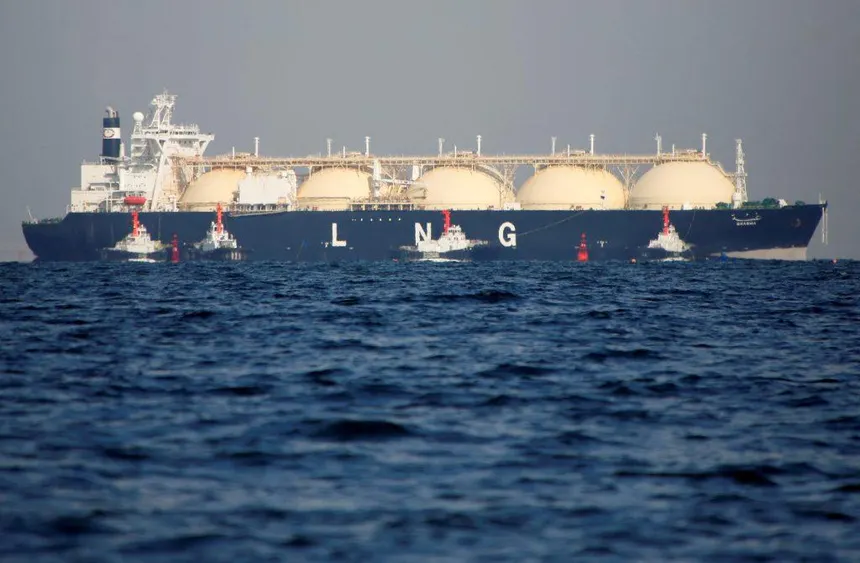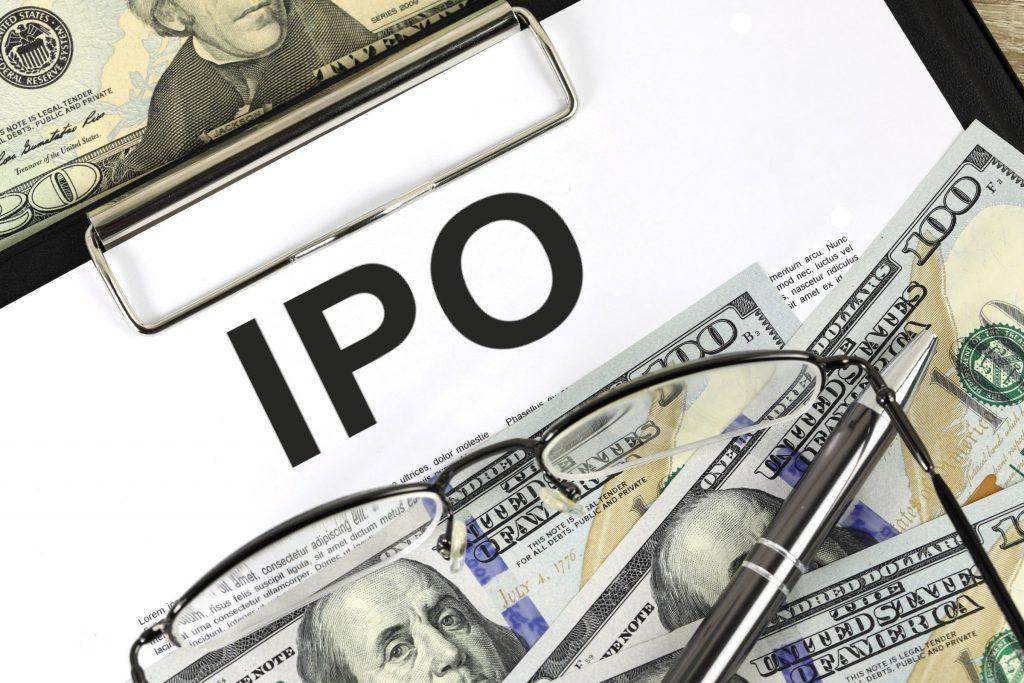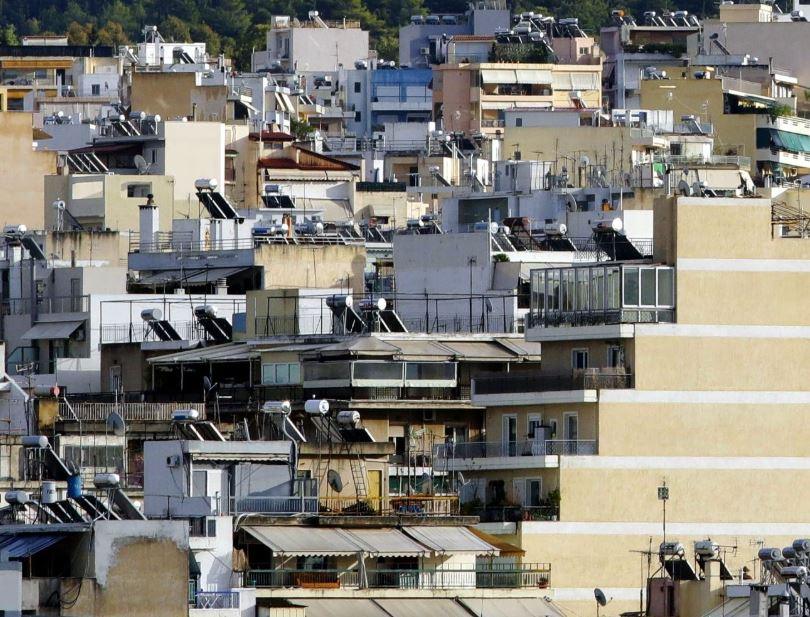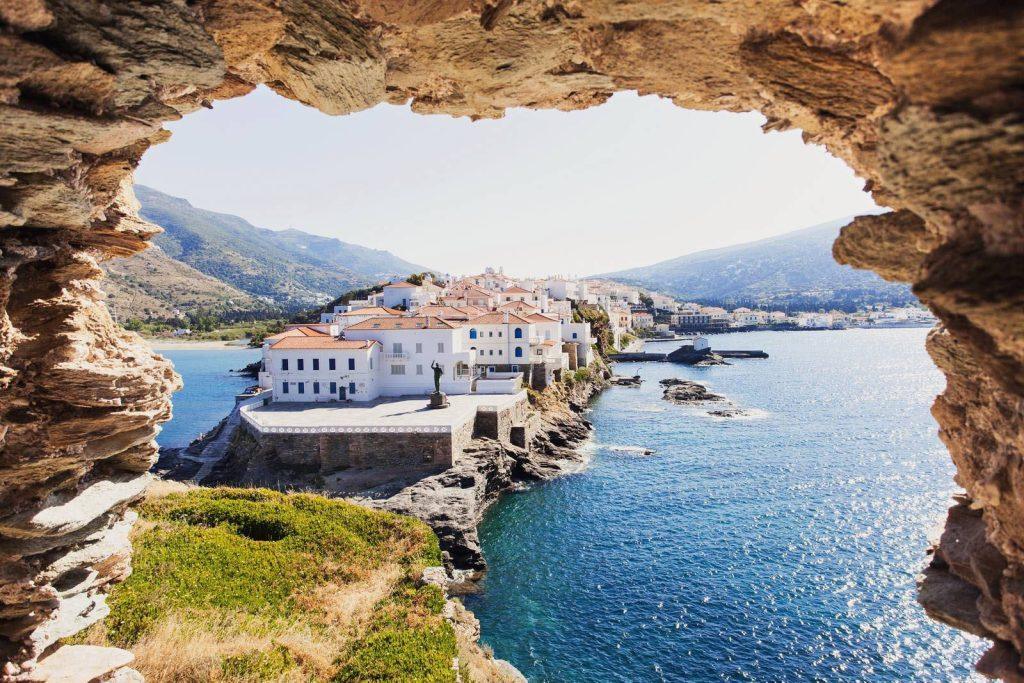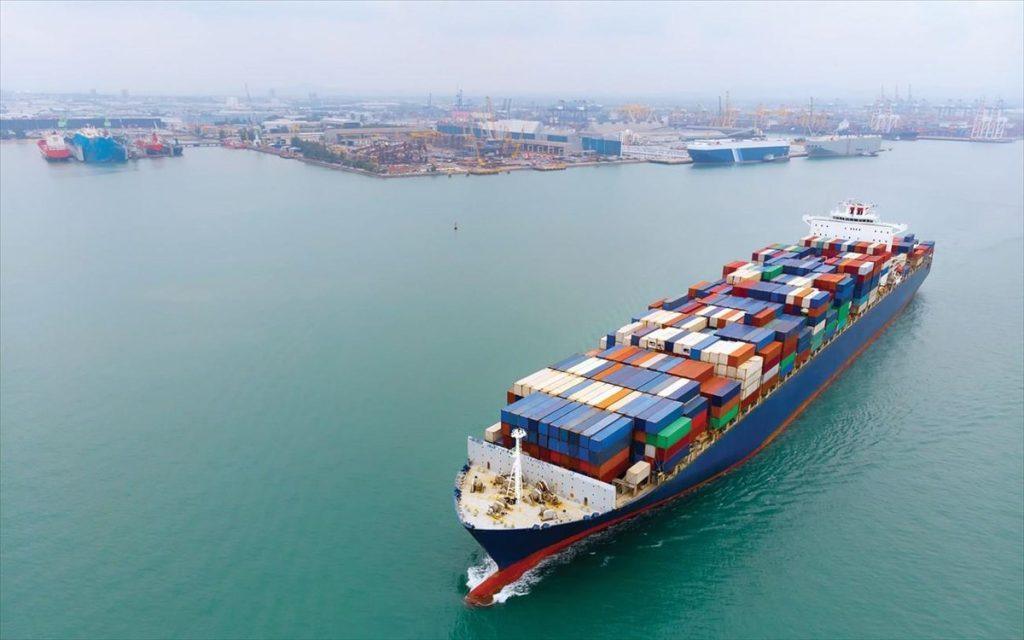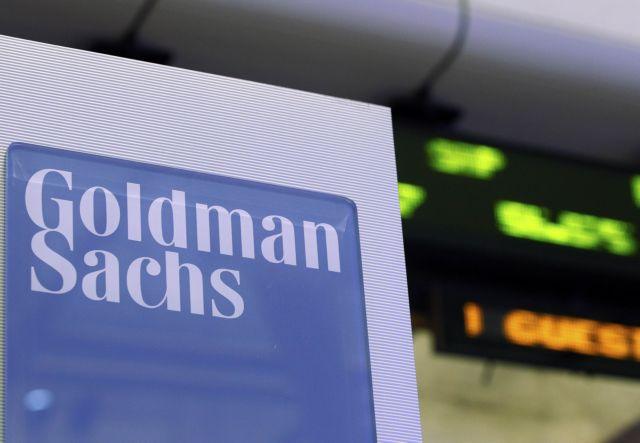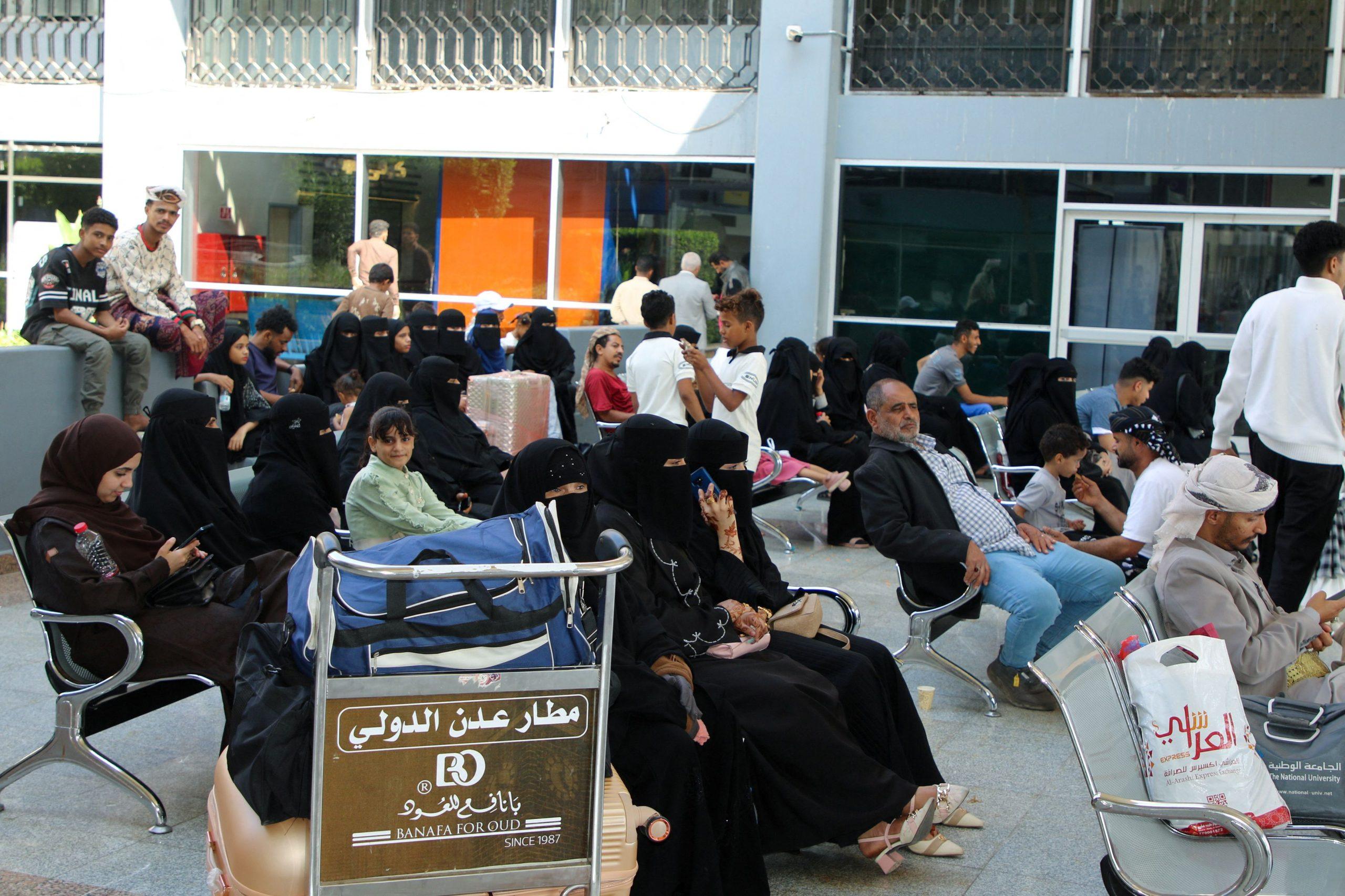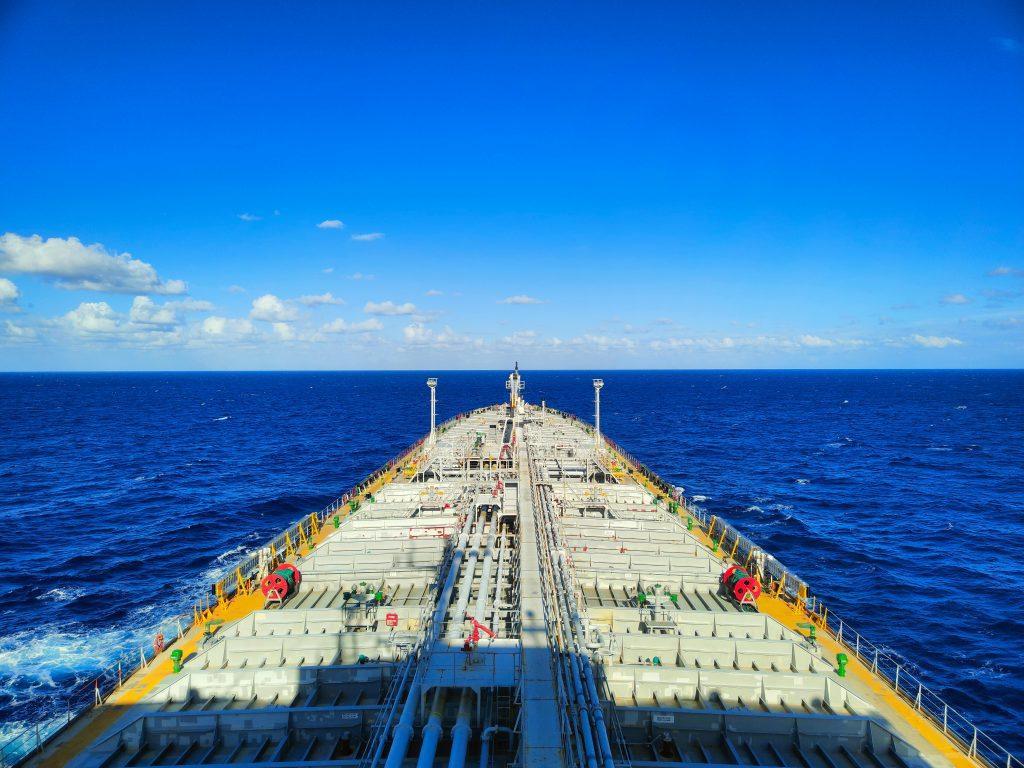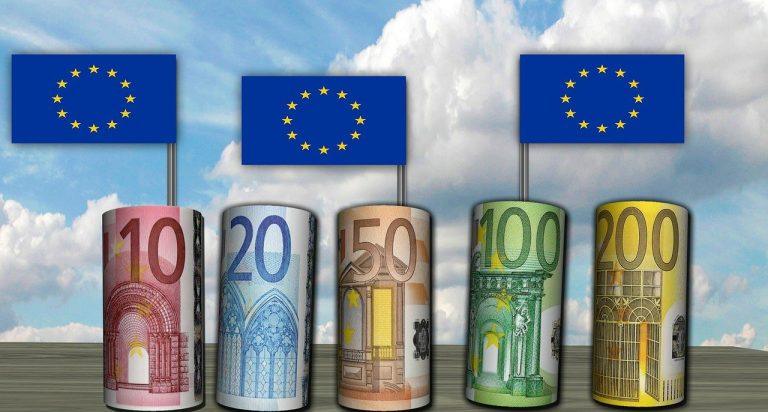The life sciences (Med Tech, Health Tech, Bio Tech), the environment (Environment, Energy-Green Tech, Clean Tech) and the tourism industry (Travel, Hospitality, Leisure) are the leading sectors in the list of registered startups at Elevate Greece. At the same time, while Greece is performing poorly at the EU level in the group of medium-level innovative countries to which it belongs, since 2014 it has seen a much higher growth than the EU average.
The above results, among other things, from the data on the startup ecosystem at the national level, published by the Regional Policy Observatory.
Ioanna Sappho Pepelasi, professor emeritus at the Athens University of Economics and Business, cites and evaluates the data as recorded in the Regional Innovation Scoreboard and the Elevate Greece platform. At the same time, it presents the current supportive institutional framework for startups and attempts a first correlation between the number of startups and selected macro-variables.
The conclusions of the analysis of the corresponding data are summarized as follows:
* Greece is classified as a medium-level innovative country (Moderate Innovator). It rates 80.2% of the European Union. This performance is low by the data of the wider group of Moderate Innovators to which it belongs. However, it is striking that, from 2014 onwards, the country marked an impressive increase, much higher than the European Union average.
* Attica and Crete are the most innovative Greek regions. On the contrary, the following regions are lacking in innovation (appearing as Emerging and not as Moderate Innovators): Ionian Islands, North and South Aegean, Peloponnese, Central Greece, Western Macedonia and Eastern Macedonia-Thrace.
* In 2022, in the international startup ecosystem, the top three (out of a total of 100 countries) consists of the US, the UK and Israel. Greece is 48th worldwide, 5th in the Balkans and 18th in Western Europe.
* The Greek startup ecosystem ranks 17th globally in social and leisure, 33rd in transport and 34th in food tech. Finally, among 1,000 cities (startup ecosystems) worldwide, Athens and Thessaloniki occupy the 132nd and 507th positions respectively. In the top three internationally are San Francisco, New York and Beijing.
* Starting “almost from scratch” in 2010, today it counts 2,100-2,500 businesses. Cumulatively, from 2010 to 2016, around 80% of start-ups were based in Athens, and the region accounted for just under 7%. The rest corresponded to startups based outside Greece. In 2021, the percentage of businesses based in Athens had decreased to 51.7% and the region had increased to around 30%.
* November 2022 data from Elevate Greece show 664 registered businesses. Attica is the seat of 68% of start-ups in Greece. Second in importance comes Central Macedonia with 14%, third is Crete with 6% and fourth is Western Greece with 3% of all start-ups in the country. Less than 10 start ups per region are recorded in Eastern Macedonia and Thrace, Epirus, North Aegean, South Aegean, Western Macedonia, Ionian Islands and Peloponnese.
* The three most important sectors in terms of the number of registered start-ups are: Life Sciences (Med Tech, Health Tech, Bio Tech), Environment (Environment, Energy-Green Tech, Clean Tech) and Travel, Hospitality , Leisure. In fact, these three sectors represent approximately 30% of the registered businesses of the entire sample. As for manufacturing, which Western countries are bringing back as an important element in their agenda for the new economic development model, only 35 companies in total across the country are registered in the startup ecosystem, i.e. only about 5% of their total population.
* At level of the whole of the country, the main means used by startuppers to establish a business is self-financing, while (external) financing concerns less than half of startups.
* Central Macedonia, Crete and Western Greece, regions on which this analysis focuses, represent 21% of registered startups in the country and almost monopolize manufacturing startups outside of Attica.






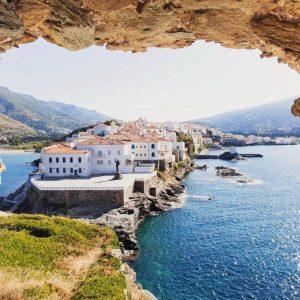

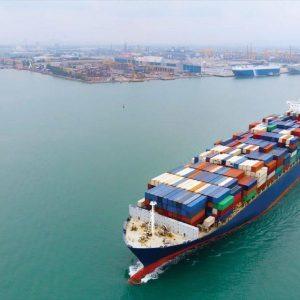


![Ελβετικό φράγκο: Τι πρέπει να ξέρουν οι δανειολήπτες [πίνακες]](https://www.ot.gr/wp-content/uploads/2025/12/ot_swiss_Francs25-1024x668-1-1.jpg)

